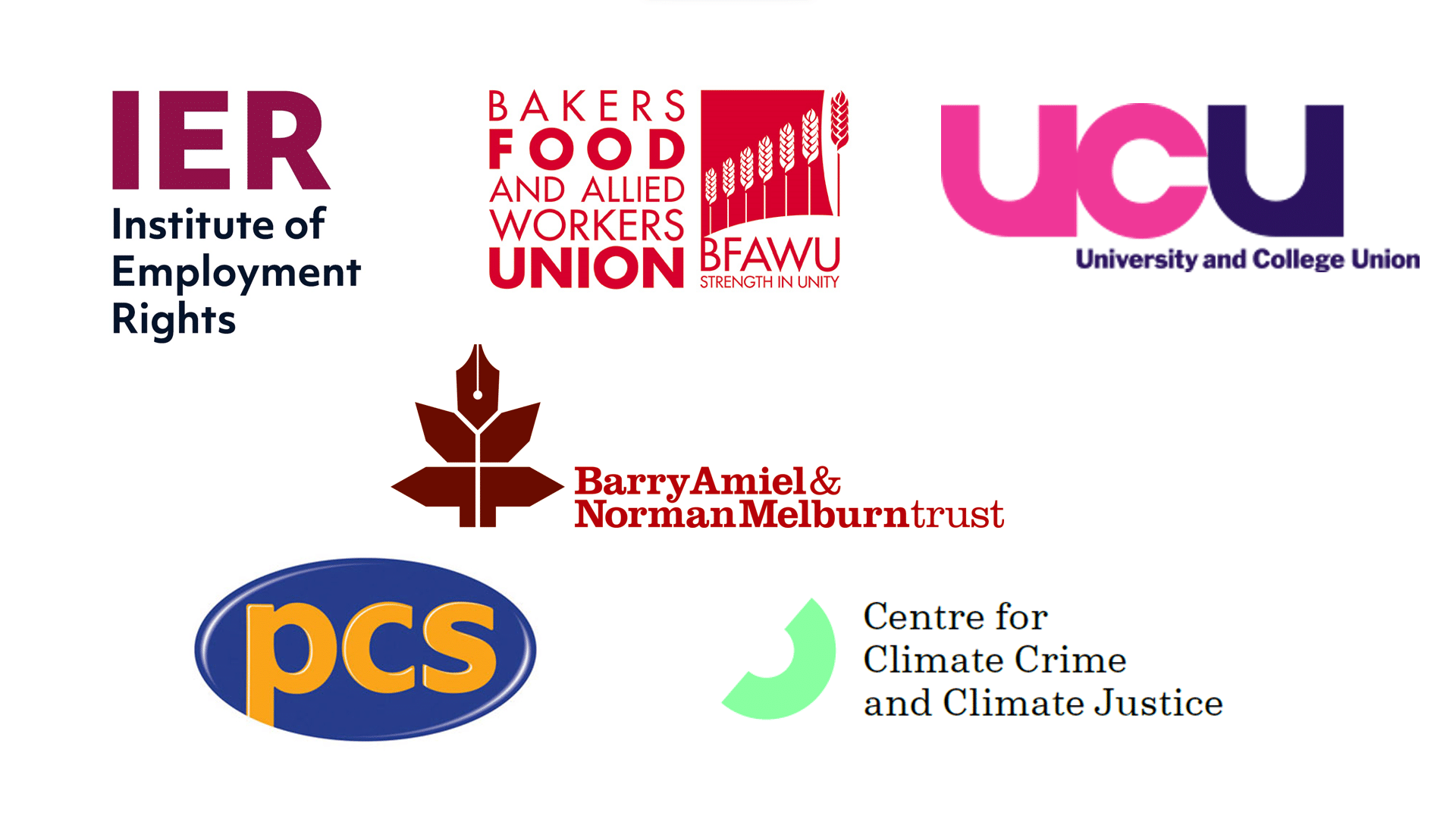
Working for Climate Justice
A report produced with the support of UCU, BFAWU, PCS, the Barry Amiel & Norman Melburn Trust and by QMUL UCU branch
'Working for Climate Justice: trade unions in the front line against climate change', written by Prof David Whyte and Ben Crawford. It discusses how vital it is for trade unions to develop a collective bargaining approach to climate change and environmental degradation.
Trade unions have not yet made climate change a major area of bargaining and negotiation on behalf of their members. Trade-union approaches to climate bargaining have frequently treated climate and environmental issues as non-adversarial and separate from core industrial-relations issues. British labour law does not allow for workplace climate action. In particular, the right to strike is limited to a narrow range of employment issues. Unions can however challenge these constraints through building campaigns which link climate and employment demands together. Workers are directly materially exposed to climate and environmental harms in terms of the effects of physically and environmentally harmful production processes, and the impacts of climate change such as extreme heat. Workers are indirectly exposed through the market effects of the climate and environmental crisis. This includes exposure in the workplace and the labour market to the employment effects of the energy transition and climate-related economic instability and restructuring. Workers’ indirect exposures also include cost-of-living pressures such as climate inflationary impacts and energy-price volatility.
There is an umbilical relationship between the precarity of jobs – unsustainable labour practices – and the unsustainable production practices that stand at the foundations of our economy. Trade-union climate campaigns and bargaining models should embed employment security as a key climate and sustainability demand. Workers’ political education is a crucial step in developing a climate-bargaining approach. However, to be effective, political-education programmes must develop concrete understanding of the ways in which workers, firms and sectors are exposed to present and future climate impacts and the development of worker-led strategies. An effective response to the climate crisis requires unions to work cooperatively within and across sectors and supply chains. This also requires organising globally across supply chains. Supply-chain mapping – which identifies opportunities for building workers’ power across the supply chain – is an important element of building a climate-bargaining strategy. Trade unions need to put climate bargaining at the centre of everything they do. This must include channelling greater resources to researching climate impacts on their sectors and members, and to climate campaigning.
Read the full report

We extend our sincerest thank to BFAWU, PCS, UCU, the Centre for Climate Crime and Climate Justice, and the Barry Amiel & Norman Melburn Trust. Without their kind support, this project would not have been possible.





